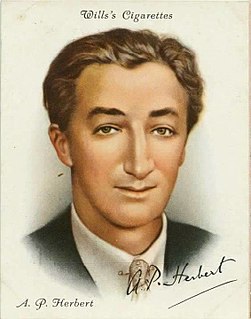A Quote by Fyodor Dostoevsky
If man has one good memory to go by, that may be enough to save him.
Related Quotes
You are told a lot about your education, but some beautiful, sacred memory, preserved since childhood, is perhaps the best education of all. If a man carries many such memories into life with him, he is saved for the rest of his days. And even if only one good memory is left in our hearts, it may also be the instrument of our salvation one day.
And so was Luria, whose words now came back to me: ‘A man does not consist of memory alone. He has feeling, will, sensibility, moral being ... It is here ... you may touch him, and see a profound change.’ Memory, mental activity, mind alone, could not hold him; but moral attention and action could hold him completely.
The sovereign good of man is a mind that subjects all things to itself and is itself subject to nothing; such a man's pleasures are modest and reserved, and it may be a question whether he goes to heaven, or heaven comes to him; for a good man is influenced by God Himself, and has a kind of divinity within him.
The term is piqua nevish [?] it means to save a soul, to save a life. And that commandment supersedes all others. It means literally you may violate almost everything except, I think, three commandments of the heart, 613, - you may do anything, violate any commandment and the injunction simply to save a human life. And there are enough lives to be saved in - in Tibet.






































